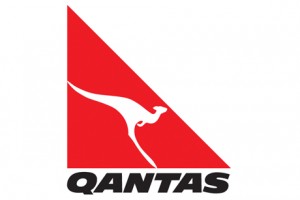 The helm at Qantas Airways was taken over by Alan Joyce over five years ago. He was tasked with turning the flag carrier for Australia around, which at the time was losing large sums of money on international routes. Now, the son of an Irish cleaner is facing another problem, a domestic company under attack from its rival that has loads of cash from investors that are state-backed.
The helm at Qantas Airways was taken over by Alan Joyce over five years ago. He was tasked with turning the flag carrier for Australia around, which at the time was losing large sums of money on international routes. Now, the son of an Irish cleaner is facing another problem, a domestic company under attack from its rival that has loads of cash from investors that are state-backed.
Qantas’ main rival Virgin Australia Holdings is willing, it appears, to suffer short-term pains regarding profit in its attempt to lure away customers from its bigger rival.
The strategy by Joyce of defending to the end a 65% share of the domestic market by increasing capacity and discounting tickets has come at a big price.
In a perfect world for Qantas if they could hold off competition for as long as possible Virgin at some point might blink. That in turn has led some observers to question if the problem could be the CEO and the management itself at Qantas.
From the point of view of an industry, some analysts have said that Qantas must be more flexible in ceding some of its market share.
On Thursday, the challenges facing the airline will be put on the table for all to see, when it releases the first half fiscal results. The company has already announced a warning that losses for the six months ending December 31 could be as high as $271 million.
The warning came as a shock in December and sent its shares plummeting 15% helping it lose its rating of investment grade.
An airline spokesperson referred to the recent remarks by Gareth Evans the CFO, who said in keeping the market share of 65% allowed the airline to maximize profits by giving more destinations and times of travel to customers. The spokesperson said that CEO Joyce held the same opinion currently.
Rival Virgin Australia, formerly a discount carrier added seating for business class and increased routes to smaller destinations in the west, where each week people fly to work in the remote mines.
